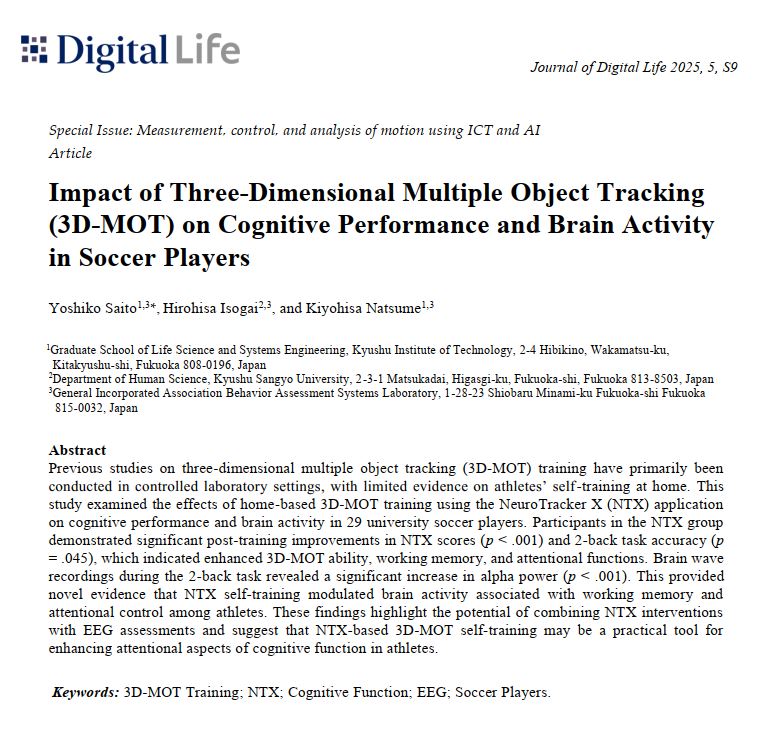Welcome to the Research and Strategy Services at in today's fast-paced.


For many gifted ADHD children, the world feels too loud, too bright, or too overwhelming. Parents may notice meltdowns in busy stores, loud classrooms, or even during family gatherings.
This isn’t “overreacting.” It’s sensory sensitivity — a brain-based difference that makes everyday environments feel intense.
ADHD often overlaps with sensory processing challenges. Sounds, textures, or lights may be experienced more strongly than in neurotypical peers.
When the brain is already taxed with attention control, sensory overload can trigger faster emotional dysregulation.
Gifted children may have heightened awareness of their surroundings. This sensitivity can amplify ADHD-related reactivity, creating a “double intensity”.

Being proactive reduces the likelihood of overload.
Say: “I know the noise feels extra loud for you. It’s okay to need a break.”
Validation reduces shame and builds trust.
Gradual skill-building helps children regulate their sensory world without losing confidence.

When gifted ADHD kids say, “It’s too loud!” they’re not exaggerating — they’re describing a real neurological experience. With preparation, validation, and training, parents can help them navigate a noisy world.
Q: How do I know if my child has sensory sensitivity or just doesn’t like noise?
A: Sensory sensitivities are consistent and trigger strong reactions across environments, not just in situations of preference.
Q: Is sensory overload the same as an ADHD meltdown?
A: Not exactly. Sensory overload can lead to a meltdown, but they are distinct experiences.
Q: Should I avoid all noisy environments?
A: Avoidance isn’t always possible or helpful. Instead, provide coping tools and supports so your child can build resilience.
Q: Can cognitive training really help with sensory challenges?
A: Yes. Studies suggest that strengthening attention and self-regulation can reduce the intensity of sensory reactivity over time.
This article was originally published on Breakthrough ADHD and is republished here with permission.








Welcome to the Research and Strategy Services at in today's fast-paced.

Learn about Marc Van Loken's growing mission for brain health advocacy with Marvalous Health.

Understand the unique challenges of gifted ADHD kids and strategies to help them find balance.

Learn about two pioneering centers led by Dr. Kakavas that integrate neuroscience, biomechanics, and elite rehabilitation methods.
.png)